Why does Iran need such uranium. What are the chances for the revival of the "nuclear deal"
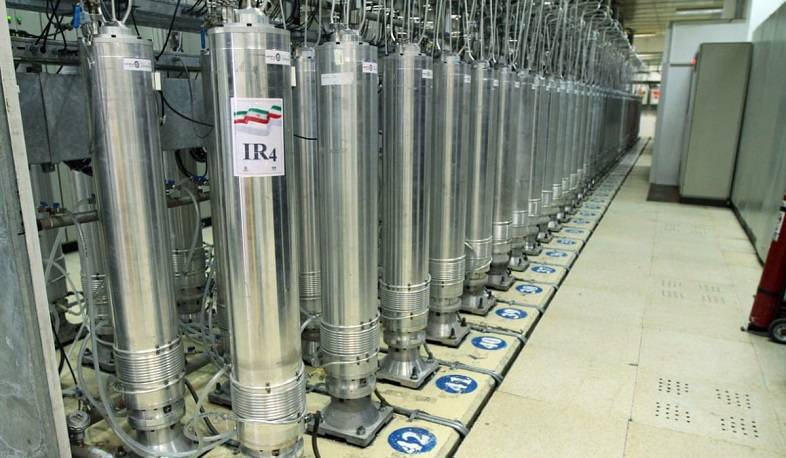
Tehran-21 or 1400?
As you know, since the overthrow of the Shah's regime, Iran has been living according to its own calendar, according to which the 1400th anniversary has now begun. This year in the Islamic Republic will be an election year, and the coming to power of radical Islamists there, alas, cannot be ruled out.
The ability of this public to have a normal dialogue with the West raises great doubts, therefore all hopes for a return to the notorious atomic deal, that is, the Joint Comprehensive Plan of Action (JCPOA), can only be associated with the incumbent President of Iran, Hassan Rouhani.
At the same time, it is almost completely incomprehensible for Washington what to do with those political forces that support Rouhani now and can support in the near future. This is largely due to a certain tolerance of American politicians to the regular attacks against the United States and its "satellite" - Israel, which come from Tehran.
More recently, the world has followed with a certain concern a strange accident at the power system of an enrichment plant in Iranian Natanz. They even started talking about a repetition of the well-known, ten-year-old, hacker attack from Israel on this plant, which allegedly threw the Iranian nuclear program back years (A virus is scarier than a bomb. How hackers destroyed a nuclear plant).
Iranian Permanent Representative to International Organizations in Vienna Kazem Garibabadi said that the inaction of the UN and the IAEA in relation to the subversive actions of the Zionist regime made this regime more brutal.
The IAEA Director General immediately, without waiting for the summit in Vienna, left a letter from Garibabadi with extremely harsh, and I must say, clearly premature conclusions:
At the same time, very few media outlets have as carefully analyzed the florid accusations from Tehran about either sabotage or simply a terrorist attack that caused the incident. The latter was actually quite typical for the East, when the opponent's hands are literally tied in the discussion, leaving the maximum possible degree of freedom for himself.
However, almost immediately after the Natanz incident, Iran decided to announce the launch of the IR-6 centrifuge and 60% enrichment of uranium. According to the President of the Islamic Republic, this was nothing more than a response to evil.
Rouhani noted:
No preconditions
Tehran, which received absolutely nothing from the United States under President Trump, except for new portions of sanctions and the rupture of the nuclear deal, did not hide hopes for a new democratic administration. However, they are only partially justified (This is not what Biden was expected in Tehran). The good news is that the US is willing to negotiate with a number of preconditions.
Receiving in response is not the willingness of the opponent to implement them, but the next steps of Iran, removing it from the terms of the old deal. How justified is the self-confidence that Hassan Rouhani now regularly demonstrates is not easy to say.
It is not easy to assess whether Iranian nuclear technologies are now very close to obtaining weapons-grade uranium. In any case, Russia did not share such technologies with Iran, and China also hardly. Although with a high demand for enriched uranium, even in the United States, Iranian nuclear scientists can simply start producing a hot-selling high-tech product.
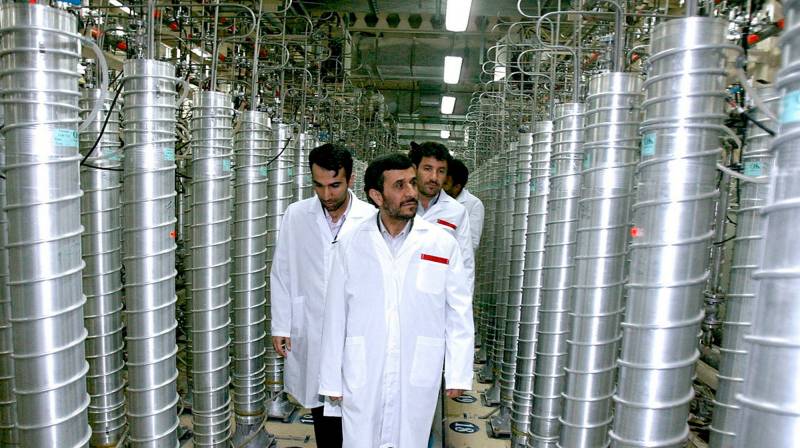
Centrifuges at the Natanz plant were already under President Ahmadinejad © Presidential official website
The enrichment technologies themselves currently do not represent a special secret, but to obtain a bomb, you still need not just the nuclear industry, but an industry of a slightly different level than that of Iran now. Iranian specialists are probably still far from him.
And this, by the way, is convinced by the regular reports of the IAEA experts. It is no coincidence that the same Rouhani camouflages his self-confidence with statements like this:
In a matter of days before the almost decisive meeting in Vienna, such words can hardly be regarded as anything other than a challenge. Or even blackmail. But there will most likely not be such an assessment either from the IAEA or from Washington, especially since the Iranian leader immediately made a reservation:
But then he added on Twitter, so popular with political leaders that
And Russia is concentrating
Tehran in the foreseeable future cannot refuse to cooperate with Russia in the atomic sphere. It is no coincidence that, in parallel with an open discussion about the mechanisms for returning to the JCPOA, there were reports that work with the participation of Russian specialists at the 2nd and 3rd blocks of the Bushehr NPP will continue, and, most likely, at a faster pace than now. ...
Russia, unlike all other participants in the nuclear deal, did not postpone its reaction to Iran's quite understandable activity before the meeting in Vienna. The statement by Mikhail Ulyanov, Russia's Permanent Representative to international organizations in the Austrian capital, can be assessed as an example of diplomatic rhetoric, to the envy of both the East and the West.
Our diplomat did not say anything epoch-making, he only stated that both the public statements and the real actions of the Islamic Republic once again prove that the revival of the Joint Comprehensive Action Plan is the only suitable solution for today. He highlighted that
Moscow is making it clear that all attempts to update the nuclear deal, and even more so to rewrite it, which Washington has been aiming at so far, will lead to only one thing - the escalation of Iran's nuclear activity. To what extent this activity is supported by technical capabilities is a secondary question.
Although without the help of China and Russia, or if they are cut off by sanctions - the European partners, it is still not entirely serious to talk about any real danger coming from Iran. Tehran still has an abundance of atomic mud, but this is far from being a bomb.
Nevertheless, Iran's decision to “further enrich uranium,” or rather loud statements about this, may put Moscow in an ambiguous position. As you know, Russia and China continue to insist that Iranian projects still do not go beyond the "peaceful atom", in which they have long been supported by IAEA experts.
Much will depend on the position of international experts in Vienna. Although it is hardly worth expecting any cardinal decisions from the first, after the US withdrawal from the JCPOA, atomic summit.
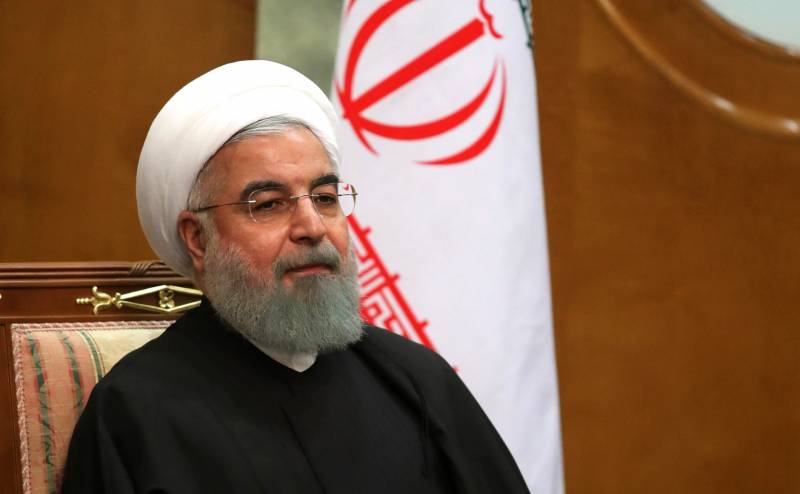
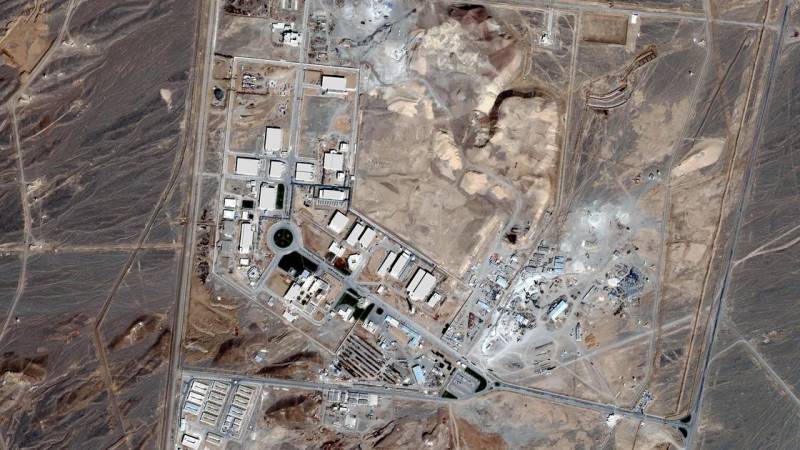
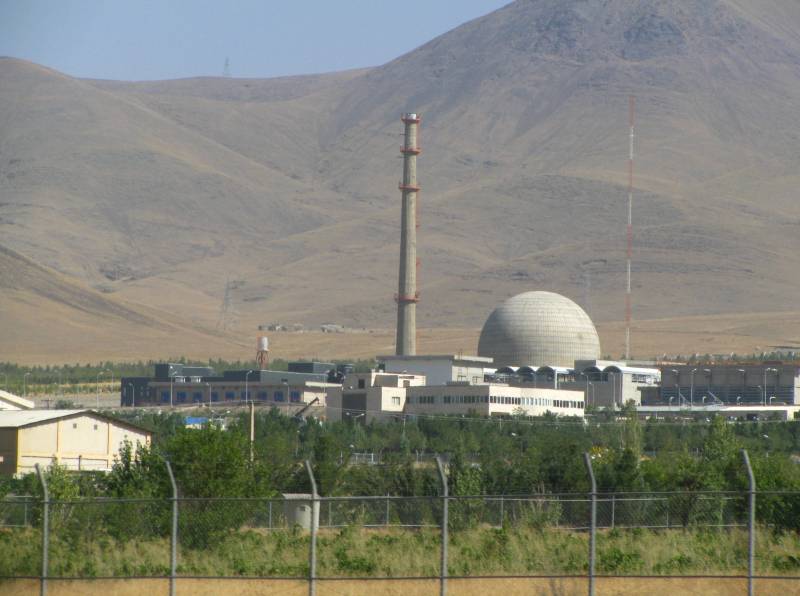
Information